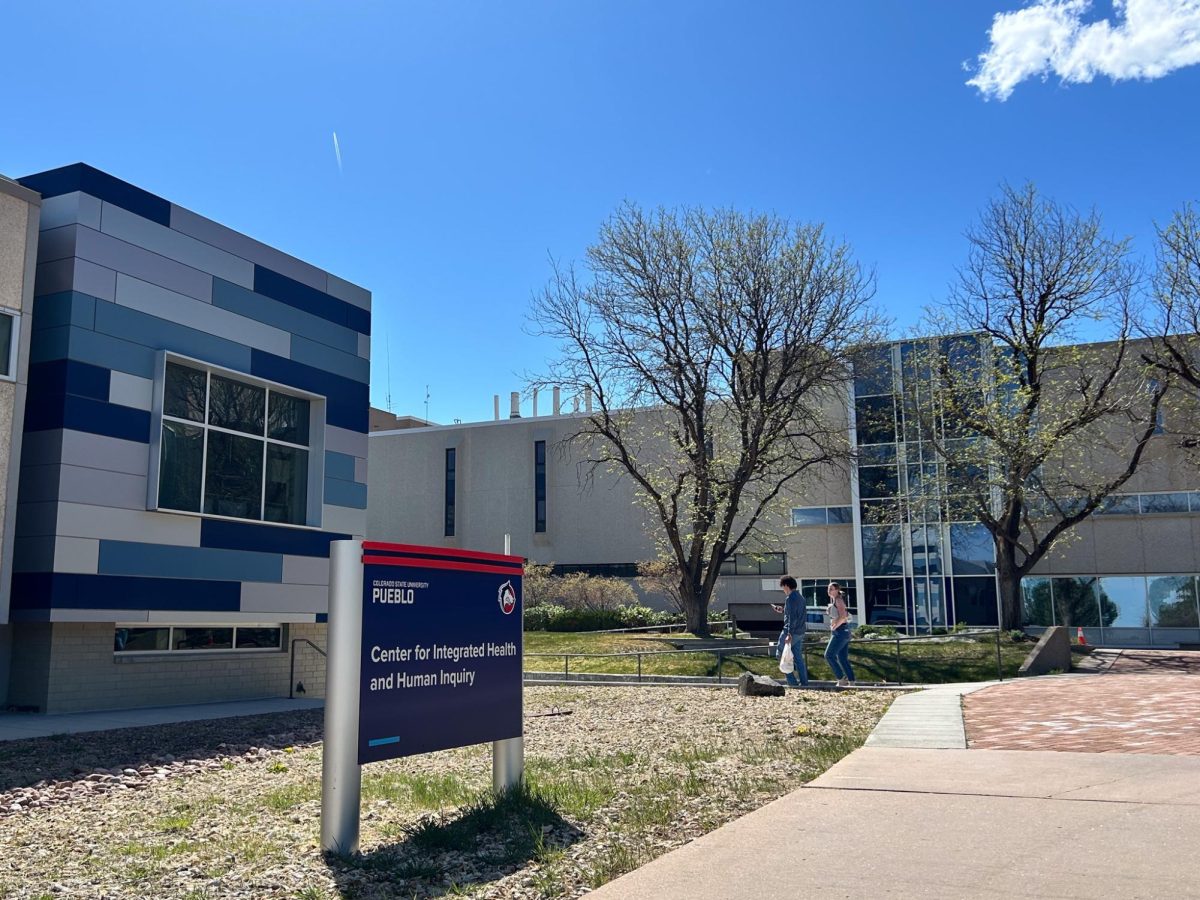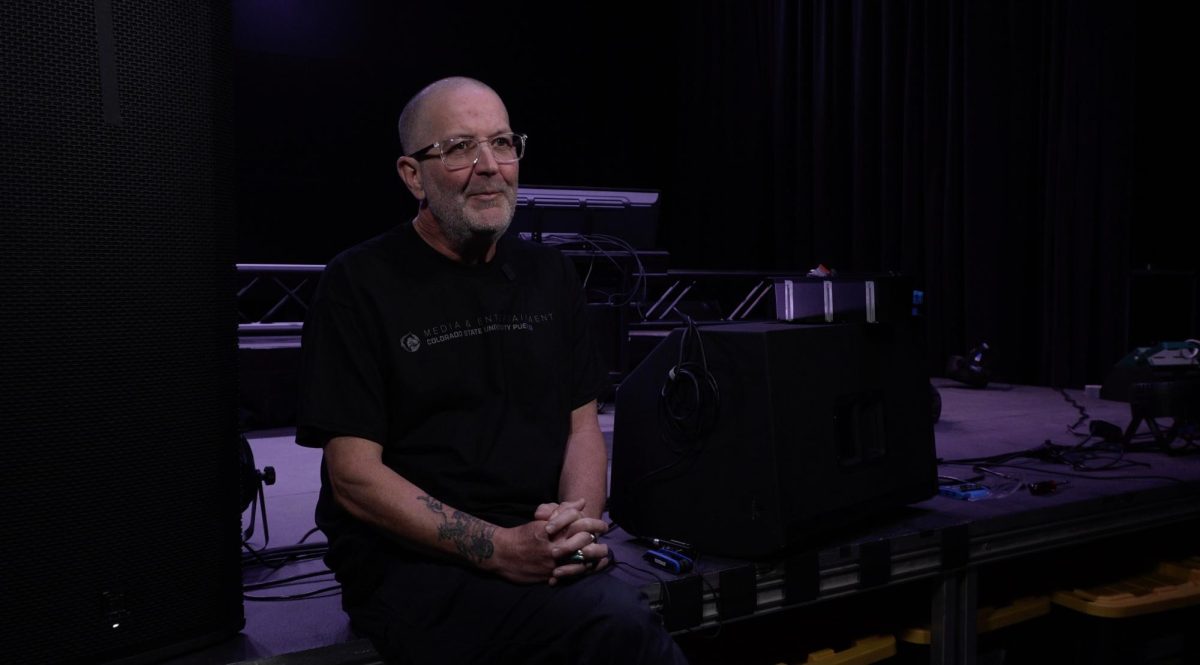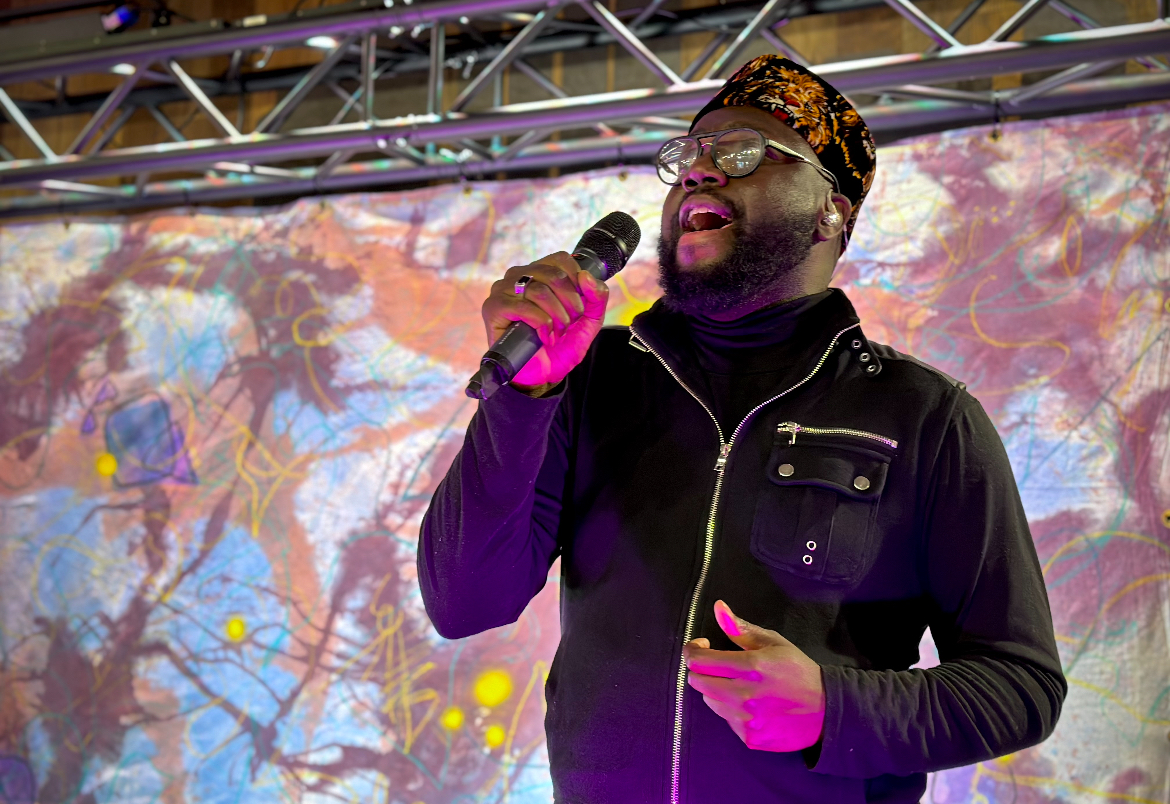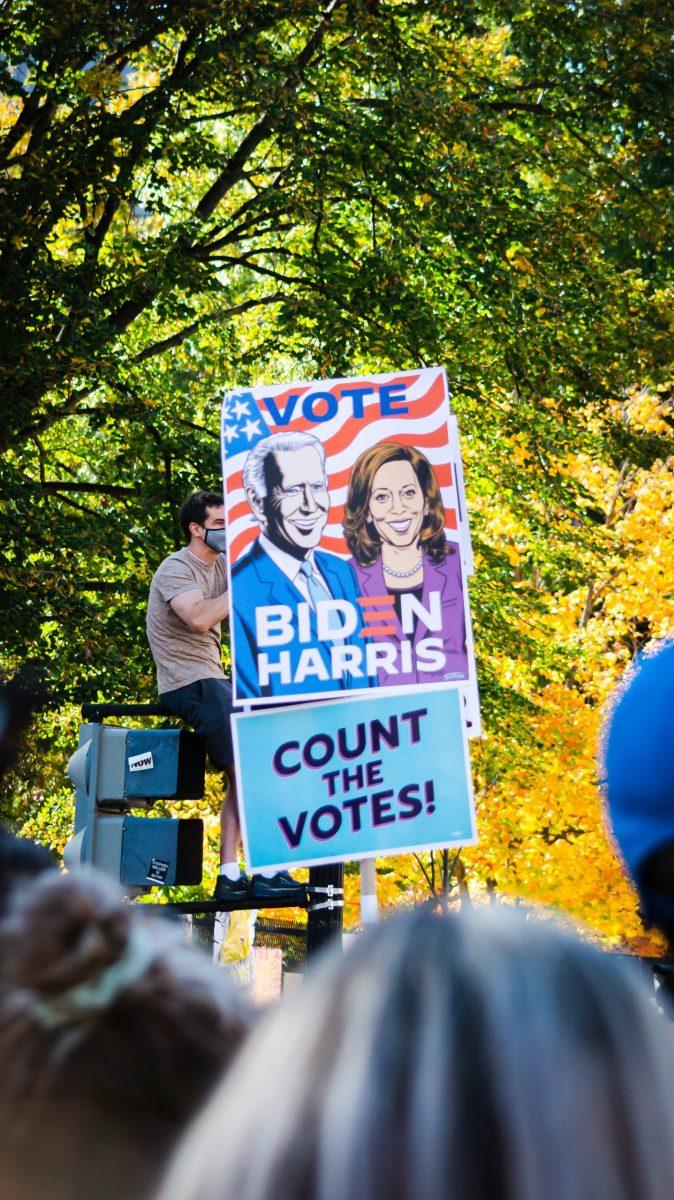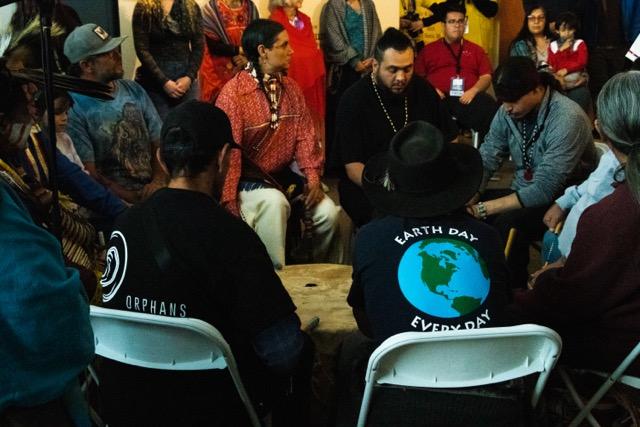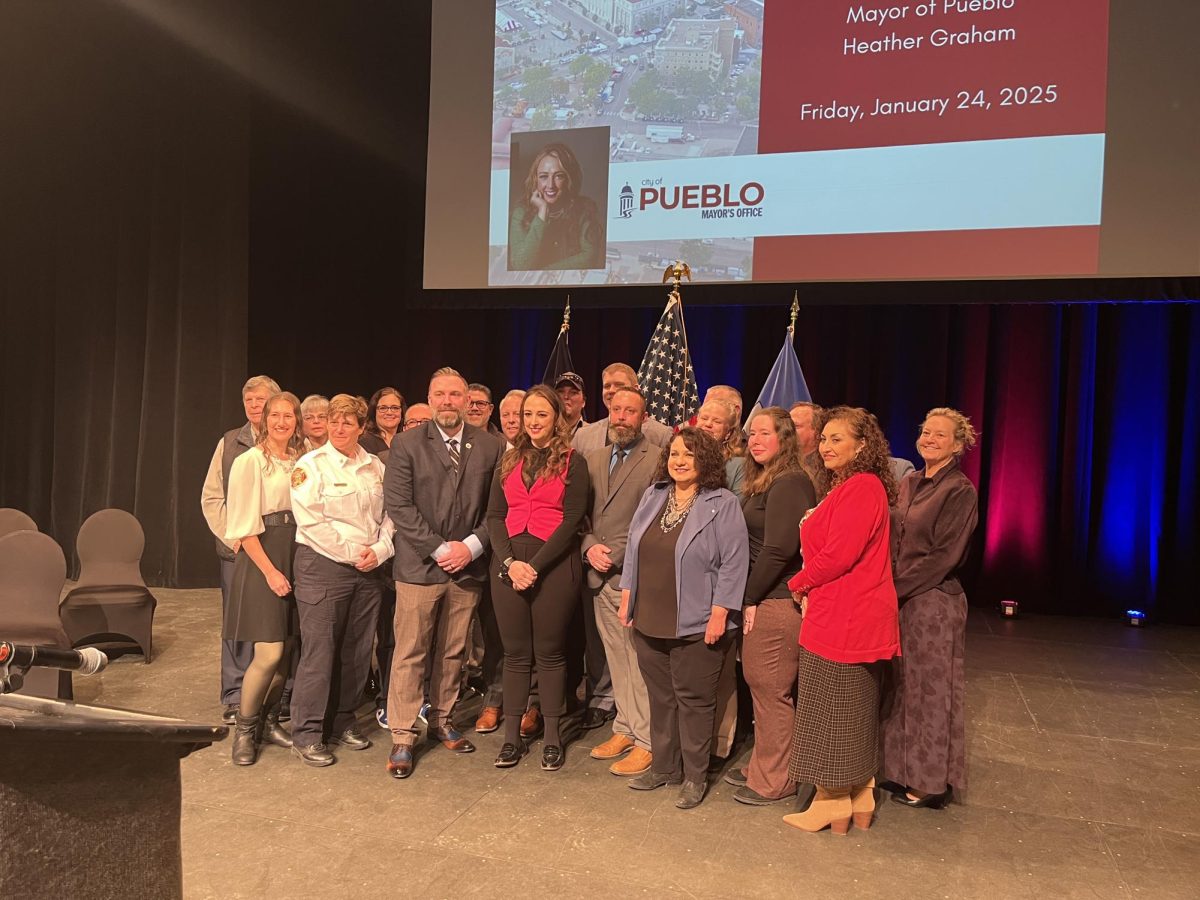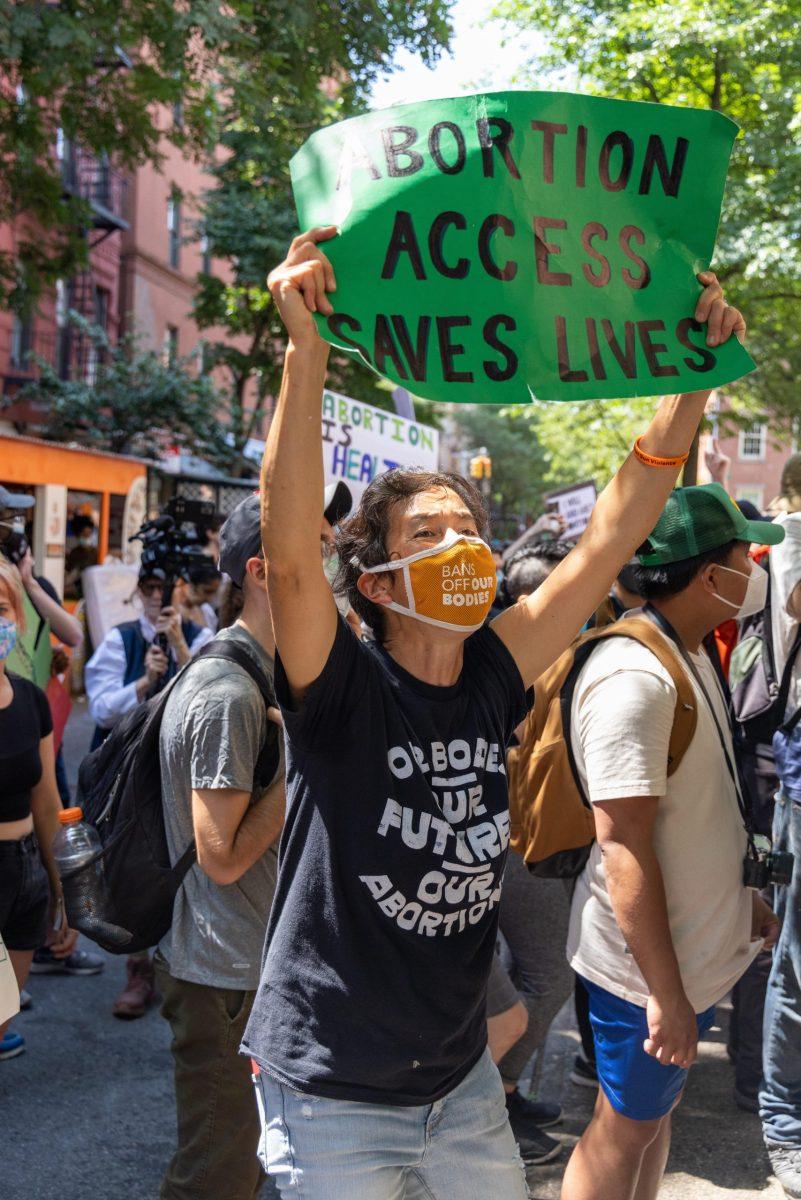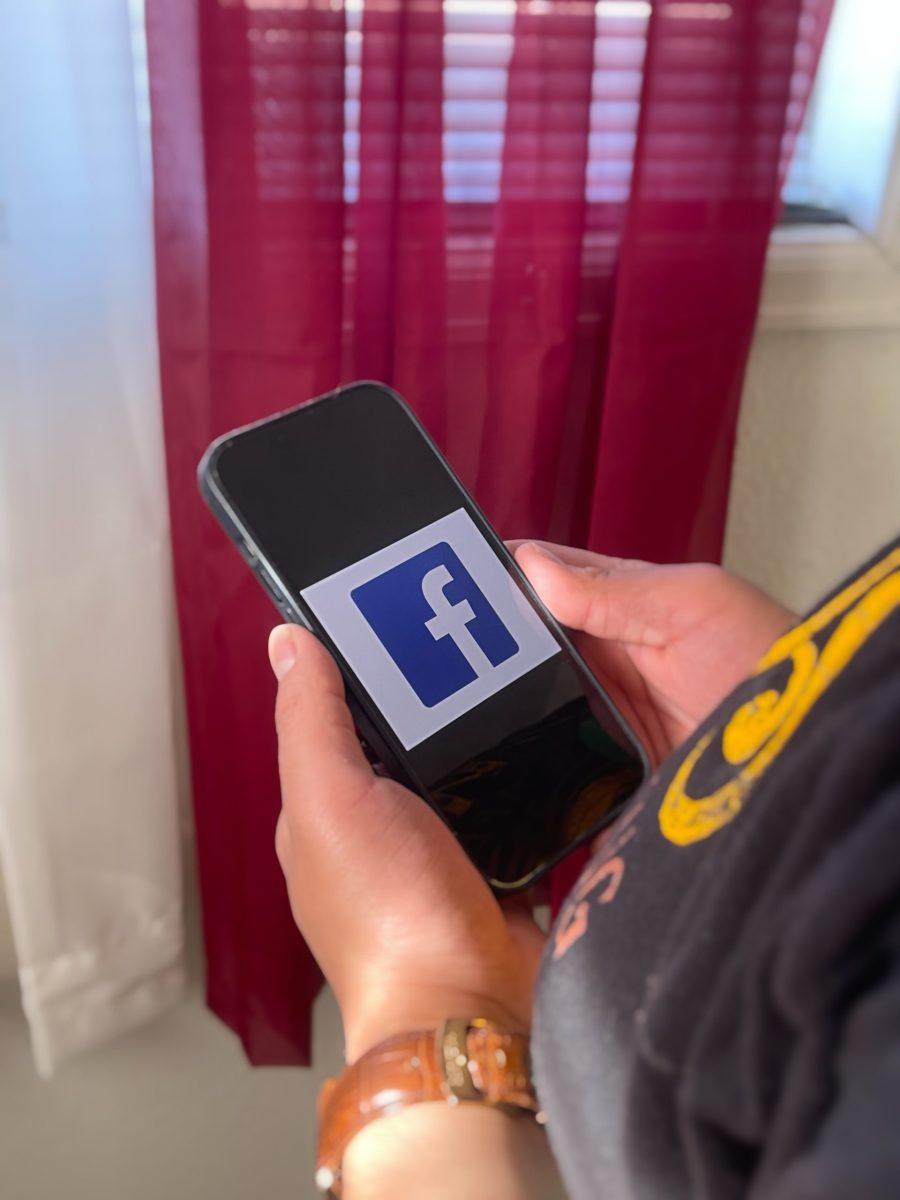Time for eternal spring?
By: Hailee Langowski
Spring ahead and fall backward in time. In the summer, the sun sets around 7 p.m. However, in the winter, darkness falls at 4:30 p.m. Most of the U.S. changes its clocks forward by one hour in March, and they won’t change again until November.
Daylight saving time (DST) means advancing clocks by one hour during the summer season so that darkness arrives later. It is generally observed by moving clocks ahead by one hour in the spring (“springing forward”) and backward by one hour in the autumn (“falling back”). As a result, there is one 23-hour day and one 25-hour day in late winter and early spring, but only one 23-hour day in fall.
Most of the United States sprang forward an hour on March 13, reverting back to standard time on Nov. 6.
Keeping track on March 15, the U.S. Senate unanimously voted to make daylight savings time permanent across the United States and discontinue the practice of changing clocks twice a year in 2023, thus ensuring brighter afternoons and increased economic activity.
Sen. Marco Rubio (R-Florida), a supporter of the bill, cited data showing that extending DST reduces crime and seasonal depression. Although he claimed that this is not the most significant problem facing America, it is one in which there is widespread consensus.
And according to a story aired March 28 on NPR’s “Morning Edition,” the seasonal time change has been linked to an increase in heart attacks and other cardiac events. NPR reporter Allyson Aubrey told program host Rachel Martin that research has shown that our bodies are hard-wired with internal, cellular clocks. When we throw off our schedules. …
“Traffic accidents after the time change — there’s definitely a signal that there’s more of those after we change the clocks, just like there are more workplace accidents and such,” Dr. Jay Chudow, a cardiologist with Montefiore Health, told Aubrey.
“It is refreshing to see a bill passed without partisan bias; perhaps it is not as outside the norm as the media would have us believe.”
—Dr. Ryan Strickler, CSU Pueblo political science professor
Why the change?
DST began in the U.S. in 1918 to provide additional daylight hours during the summer months. Year-round daylight savings time was used during World War II, meaning no time change was implemented. It was adopted again in 1973 to reduce energy use because of an oil embargo, and repealed a year later.
Beginning in 2007, DST was extended by four weeks. States are not required to observe daylight saving time, but only Arizona and Hawaii have refused to change their clocks, choosing instead for permanent standard time. Since 2015, more than 30 states have proposed legislation to end the twice-yearly clock change, with neighboring states encouraged to follow suit.
Every two years, all European Union nations and numerous European non-members undergo the transition. Iran, most of Mexico, Argentina, Paraguay, Cuba, Haiti, the Levant, New Zealand and parts of Australia also change their clocks.
Dr. Ryan Strickler, an American politics professor at CSU Pueblo and an academic specializing in partisan polarization, political psychology, democratic theory, and experimental method, had some opinions on the U.S. Senate passing the bill without debate.
“It is refreshing to see a bill passed without partisan bias; perhaps it is not as outside the norm as the media would have us believe,” he said.
According to Strickler, bills passed behind closed doors, away from high-profile discussions and political bickering, are referred to as a “secret congress” by political scholars. Still, there is work done and laws passed that the general public is unaware of since the media is a market-driven company tending to focus on contentious government issues.
Before the bill becomes law, the U.S. House must pass it and President Joe Biden must sign it. The White House has not stated if Biden is in favor of it. Nancy Pelosi, the Speaker of the House, purportedly was thinking about it.
Sen. Rubio indicated that feedback from the transportation and broadcast industries will be captured before the November 2023 revision.
Casting light on falling back
According to shopping and commercial leaders, greater light in the evenings would offer customers more time to spend money. Supporters also argue that brighter evenings would imply fewer crimes and better road safety.
Dr. Strickler said it’s a credible theory.
“At the same time, I think humans are adaptable,” he said
What if folks had to conduct errands after work every day? It may have a slight economic impact on retail, but Strickler doubts it will be significant.
According to a New York Times story about the Daylight Savings Time bill, sleep experts said standard time is more closely linked to the sun’s movement. Bright mornings help people get up and remain attentive, while dark evenings allow melatonin, the sleep hormone, to be generated. When the light is excessively bright, it might be challenging to fall asleep at night. It may be tough to get out of bed in the morning if the environment is too dark.
This might result in chronic sleep deprivation, linked to heart disease, obesity and diabetes, among other health problems. The sun’s light influences blood pressure, insulin synthesis, metabolism and hormone production.
“I think it’s good that we’re not going back and forth anymore,” Strickler said. “It’s probably better if they pick either the standard time or DST. … going back and forth can be disruptive to sleep patterns and other things.”
Strickler expects the House to consider the different perspectives on these concerns because the bill is not controversial. It’s a heated debate but not politicized. Because Congress is undivided, it may consider public opinion.
“I believe Congresspeople should take into consideration what the public thinks as they vote, and the public should hold Congress accountable if they don’t like how they vote,” he said.




![[Today illustration/Brenden Vigil]](https://socostudentmedia.com/wp-content/uploads/2022/04/DST_Guy_Better-1200x1200.png)

